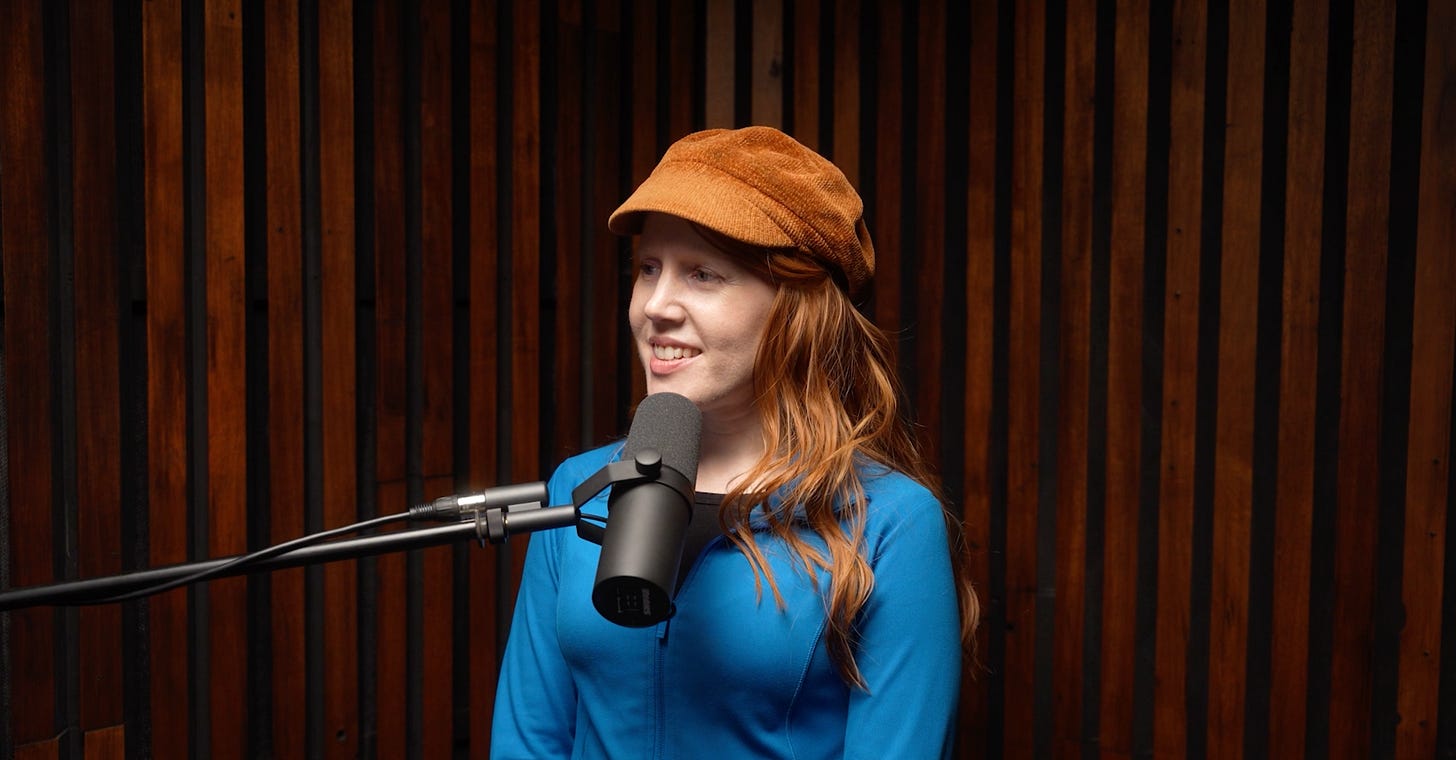Have you ever heard a speech that “got to you” in ways you didn’t expect?
For me, that went down last spring at a charter school’s ceremony celebrating the end of the school year.
Standing before a student- and family-packed gym, the charismatic leader whom the kids and most adults called “Mr. Mairano” challenged the audience to repeat a tongue-twisting word after him: “magnanimity.”
He then explained that “magnanimity” means to offer radical generosity and kindness in response to an action, word, or decision where radical kindness doesn’t logically make sense.
“Yet if we hope to be people who feel comfortable dwelling in an ongoing state of magnanimity,” he said, “we might try imagining that we are attuning ourselves to a source of beauty beyond and outside of us, which might then fuel our ability to offer even more kindness and patience to others than a situation may objectively deserve.”
Context matters for such a principle, of course.
Personally, I prefer the phrase “radical kindness” over “magnanimity,” and what “radical kindness” means in an American suburb looks very different from what might be considered “radical kindness” in a place of famine or war.
Yet regardless of the circumstance, the ability to take on such a desire, and act upon such an intention, is powerful, and takes practice.
It takes starting small. Starting soon. Practicing often.
Then it may be easier to accept the challenge of striving to be ever more radically kind; of accepting a call to an everyday adventure; of letting this concept flow through us, as Mr. Mairano described, as if an external force, tempting us from the outside in to do good.
To “give in” when goodness is possible.
To be “tempted” to take some small, kind action—or make an unexpected choice for another’s benefit—simply because you can.
Tempting . . . such an interesting use of the word, isn’t it? Especially when attempting to determine which priority should rise to the top with a brain more wired for ADD than finishing what you start.
Yet, practically speaking, how on earth does one soak in the riches of a radically kind mindset, without forgoing the improved performance one may find in a “do-or-die” point of view?
One possibility may be found in the words of the Irish playwright Sir George Bernard Shaw.
"I want to be thoroughly used up when I die, for the harder I work, the more I live,” he wrote, in the comedy Man and Superman.
And, in a separate quote from another piece of his work—which is often lumped together in one happy yet highly misleading singular paragraph throughout the internet, by the way—he says:
“I rejoice in life for its own sake. Life is no ‘brief candle’ for me. It is a sort of splendid torch, which I have got hold of for the moment; and I want to make it burn as brightly as possible before handing it on to future generations” (5-6).
How does one make that torch shine more brightly?
Work. Lots of work.
Work for a purpose, motivation, or by-product you believe with every ounce of you.
Both for yourself, and ideally, those who need you—whether they know it, or you know it, or not.
Today, I challenge you to set a timer for 15 minutes of old-school, solid, goal-oriented work. Follow this with 1-5 minutes with a pen in your hand, brainstorming how you might honor or even expand your capacity for offering radical kindness— on being tempted by the good.
Know anyone who might enjoy this message, or overall podcast?
Does the principle of pursuing radical kindness seem like a useful motivator? What about when circumstances demand that you must choose a path contrary to this principle of radical kindness, in order to achieve a purpose? In such cases, what words of wisdom might you offer those struggling to finish what they start?







